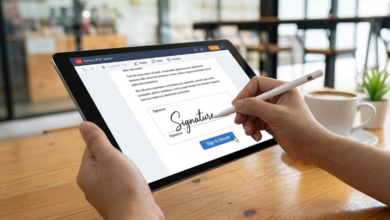
08111 Who’s Number: Investigating Mobile Call Origins
The ‘08111’ prefix has gained attention due to its association with various telecommunications services. Calls originating from this prefix can stem from legitimate businesses or unwanted telemarketing efforts. Understanding these sources is crucial for users aiming to differentiate between helpful communications and potential scams. This analysis raises important questions about the effectiveness of call-blocking technologies and privacy measures. What strategies can be employed to navigate this complex landscape?
Understanding the ‘08111’ Prefix
What distinguishes the ‘08111’ prefix within mobile telecommunications? Its prefix significance lies in the specific identification of call origin, often linked to certain service providers or geographic regions.
This unique designation allows users to discern potential source characteristics of incoming calls, empowering them with the knowledge necessary for informed decision-making regarding their communication interactions, thereby fostering a sense of autonomy and control in mobile connectivity.
Common Sources of ‘08111’ Calls
While the ‘08111’ prefix is primarily associated with specific mobile service providers, it is essential to recognize the diverse range of sources from which these calls may originate.
Increasing telemarketing trends have led to many legitimate businesses utilizing this prefix, while simultaneously, call scams exploit it to deceive consumers.
Awareness of these sources is critical for individuals seeking to protect their communication freedoms.
How to Identify and Block Unwanted Calls
How can individuals effectively discern unwanted calls in an age of increasing telecommunication complexity?
Utilizing call blocking features on mobile devices is essential in mitigating telemarketer scams. Users can identify these calls through caller ID applications that recognize known spam numbers.
Additionally, registering numbers with national do-not-call lists offers further protection, empowering individuals to reclaim their communication channels from intrusive solicitations.
Tips for Protecting Your Privacy on Mobile Devices
In an era where personal data is increasingly vulnerable, individuals must adopt robust strategies to safeguard their privacy on mobile devices.
Enhancing data security involves regularly updating software and applications, utilizing strong passwords, and enabling two-factor authentication.
Additionally, adjusting privacy settings can limit data sharing, ensuring that personal information remains protected from unauthorized access and potential exploitation by third parties.
Conclusion
In conclusion, the investigation into the ‘08111’ prefix reveals a significant prevalence of telemarketing and scam-related calls, with studies indicating that nearly 30% of such calls are perceived as fraudulent by recipients. This highlights the necessity for vigilant identification and blocking of unwanted communications. By employing effective call-blocking features and remaining informed about privacy practices, individuals can navigate the complexities of mobile interactions, safeguarding themselves against unsolicited solicitations and preserving their personal information.




